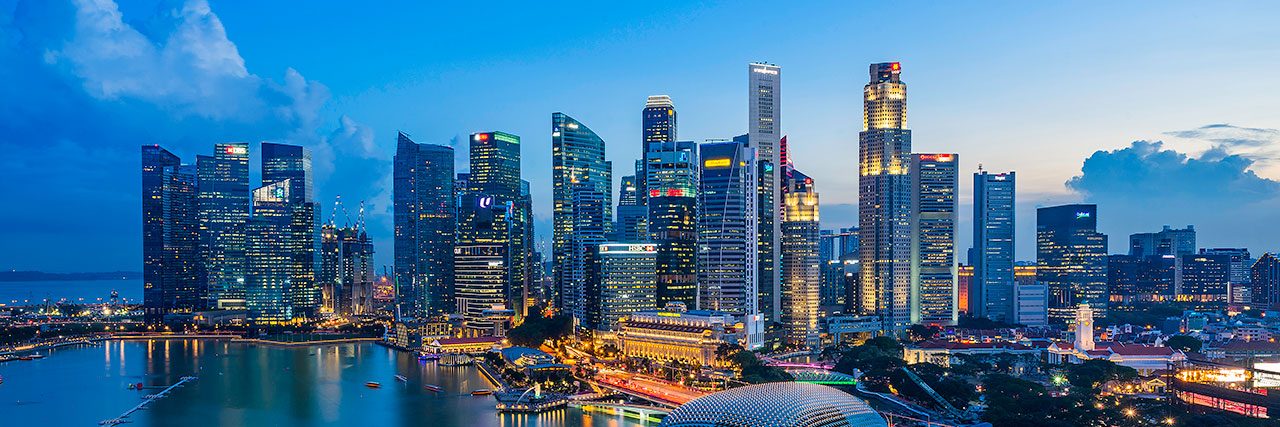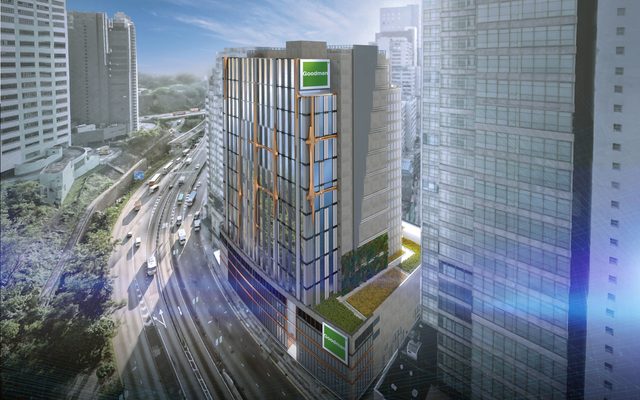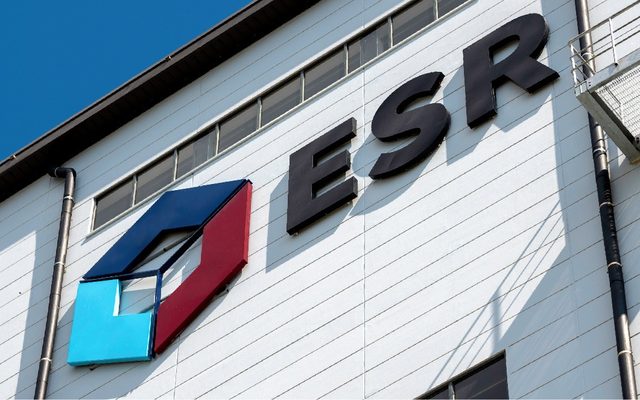This article is from the Australian Property Journal archive
LOGISTICS is the most preferred sector for investors across the Asia Pacific for the first time, while the new year brings a new pecking order of preferred cities for cross-border investment.
According to CBRE’s latest Investor Intention Survey for the region, Hong Kong SAR fell out of the top 10 markets for the first time, as the region, while neighbouring Shenzhen appeared on the list for the first time.
Singapore, Seoul and Ho Chi Minh City are all expected to attract more interest this year. Singapore is seen as a viable alternative to Hong Kong for companies looking to access the region and set up headquarters, while South Korea’s robust domestic investment market propelled its capital into the top three for the first time. This year also marked Ho Chi Minh City’s first appearance in the top five.
Australian cities – Sydney (8th) and Melbourne (10th) in particular – are less popular compared owing to the rise in office space for sub-lease and a large supply pipeline that may limit rental growth in the short-term.
Tokyo retained the title of most preferred city for cross-border investment, ranking in the top three each year since 2018 due to availability of high-quality assets and strong liquidity.
Activity on the up
The pandemic-induced economic downturn, travel restrictions and uncertainty about the pandemic’s duration halted Asia Pacific real estate investment activity for much of 2020. However, the pent up demand was reflected in the survey’s finding that 60% of investors intend to purchase more real estate this year, the highest level since 2016.
Sentiment improved in the second half. Commercial real estate transaction volumes in the region rose by 44% during the third quarter to US$26 billion, and the Deember quarter also expected to show an increase. An increase in asset availability, resulting from disposals by developers and real estate funds, and the rollout of vaccination programs has CBRE to expecting a 5% to 10% year-on-year rise in investment volume in 2021.
Most investor types are displaying a stronger appetite for real estate investment, and more than 70% of respondents intend to make cross-border purchases. An upbeat fund-raising environment has seen US$59 billion of equity raised by Asia Pacific focused close-ended real estate funds between 2018 and 2020, and real estate funds will continue to deploy capital.
There is a greater willingness to sell among developers and real estate funds. Developers were net sellers in 2020 and will continue to dispose of assets in 2021, either to repay debt or recycle capital. Beijing’s move to regulate developers’ gearing levels and place a cap on bank lending is likely to encourage developers to offload assets to replenish liquidity.
Numerous close-ended real estate funds are due to expire over 2021 and 2022, and many entities will be looking to sell as fund managers review portfolios and exit positions.
Logistics most preferred
For the first time in the series, logistics is the most preferred sector, followed by offices. However, investors do not believe the will have a detrimental impact on long-term office demand in Asia Pacific. They also expect a stronger emphasis on environmental, social, and corporate governance criteria in investment strategy.
Nearly one quarter of investors – 23% – of investors, mainly long-term institutional buyers, said they were willing to bid above asking prices for logistics assets. The yield spread between logistics and office assets in Asia Pacific narrowed from 120 basis points at the beginning of 2018 to just 90 bps during the September quarter of 2020. Globally, the spread tightened from around 75 bps to just 30 bps over the same period. CBRE believes there is room for further logistics yield compression through 2021.
“Interest in the office sector weakened substantially due to uncertainty around the outlook for future demand. Investors therefore expect sizable discounts for office properties. Expectations for discounts for stabilised offices are diverse, with half of investors seeking discounts of up to 10%,” it said.
Data centres remain the most desired alternative asset class, while cold storage overtook debt.
Retail and hotel assets demand remains weak, although some opportunistic investors are considering hotels as countercyclical plays. CBRE said these are particularly in countries with strong domestic tourist markets, such as Australia and Japan.
Those sectors offer the basis opportunistic and/or distressed asset plays, part of a two-tiered investment strategy that has emerged. The other component is core assets, with a greater emphasis placed on tenant credit and stable cash flow.
“Assets with rent rolls of three years or longer typically attract far more bidders than those lacking this type of security,” CBRE said.




